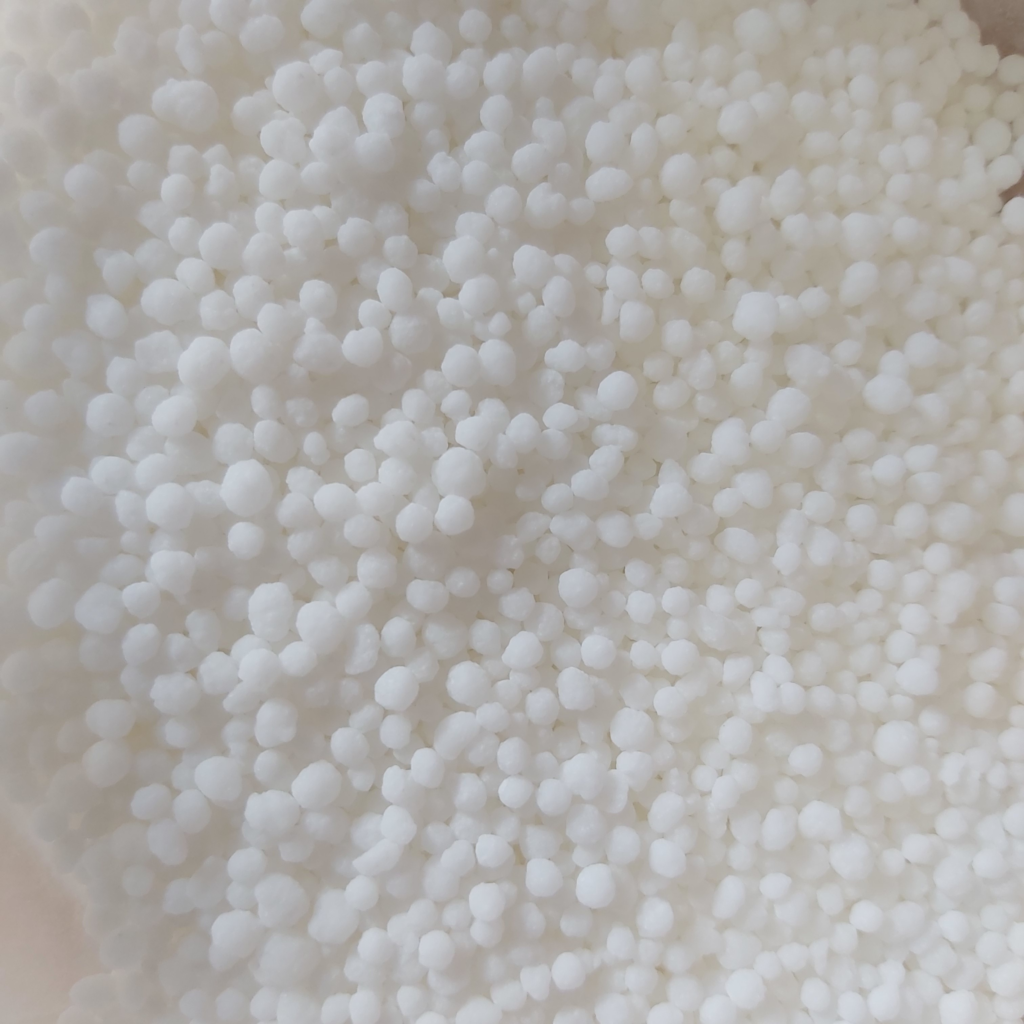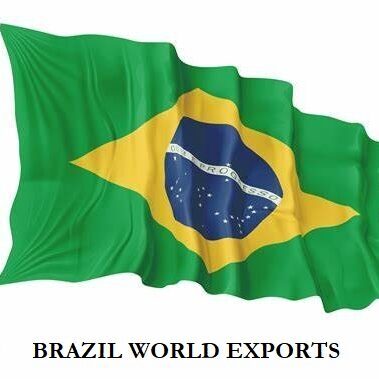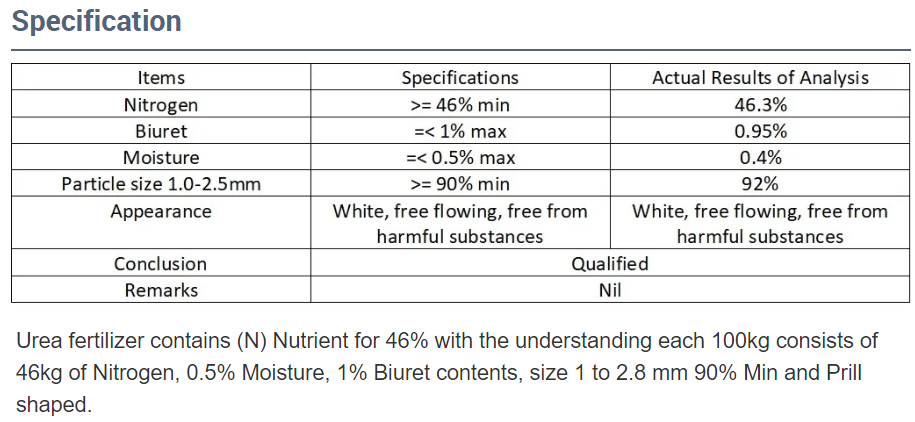100% ORGANIC FERTILIZER
Why is it important to use fertilizer?
Soils naturally contain a number of nutrients required by plants such as nitrogen, potassium, calcium and phosphorous. Plants need these nutrient to grow, which is especially essential for fruit bearing plants. Sometimes these nutrients are missing in the soil, or there isn’t a sufficient supply, making it necessary for the application of fertilizers to replenish the nutrients. This is especially relevant to application on farms, as crops from the previous years can deplete the nutrient supply in the soil.
When there isn’t sufficient nutrients in the soil, it can affect the growth of the plant, as well as the produce. This is why it is essential for farmers to maintain the soil’s fertility, to ensure that the new crop and plants have sufficient nutrients for growth.
Why is fertilizer so important for your vegetable cops?
Fertilizer plays an important role in the growth and crop yield of your vegetable plants. If you want to enhance the quality or increase your vegetable yield, then a suitable vegetable fertilizer is advised. Fertilizer will put the essential nutrients and minerals back into the soil, required for optimal growth of your vegetable plants and produce. Read more about why fertilizer is important for your vegetables, or talk to a saes consultant for more information about our fertiliser for vegetables today.
Which fertilizer is best for my vegetable plants?
With so many fertilizers available on the market, how do you know which fertilizer is best for your plants and vegetables? The right type of fertilizer and applying the right amount will depend on the soil and the type of plants / vegetables you are growing. As vegetable plants grow, they go through an intensive growing process that strips the required nutrients from the soil they are growing in. This is why it is essential to replenish these nutrients as required, to ensure the optimal growth and yield from your vegetable plants or other crops.
- On light soils, where conventional fertilizers are easily leached
- In rainy areas, when rainfall accelerates nutrient leaching
- Wherever nitrogen application is limited, e.g. by environmental regulations
- For crops with a shallow root system
- For crops with high nutritional requirements
- In cases where mid-season application is not feasible (e.g. when the crop covers the soil surface, in mulched crops and in muddy fields)
UREA 46 FERTILIZER
Organic Fertilizer NPK
phosphorus dap fertilizer

ITEM | Standard | Result | |
Total nitrogen and phosphate | 64% min | 64.33% | |
Total nitrogen | 18% min | 18.10% | |
Total phosphate | 46% min | 46.23% | |
Water soluble phosphate | 40.5% min | 41.1% | |
Moisture | 2.0% max | 1.6% | |
Particle size | 2-4mm | 2-4mm | |
Longevity | 30 days | ||
Moisture | ≤2% | ||
Particle Size | 2-4mm 90%min | ||
Color | Gray White or as Customer’s Requirement | ||
high quality potassium fertilizer


Specification
Item | Standard | Result | |
Characters | White crystal or Crystalline Powder | Conform | |
Assay | 99~100.5% | 99.5% | |
Appearance of solution | Comply with the standard | Conform | |
Acidity or alkalinity | Comply with the standard | Conform | |
Bromides | ≤0.1% | 0.06% | |
Iodide | Comply with the standard | Conform | |
Sulphates | ≤0.03% | 0.01% | |
Aluminium | ≤0.0001% | 0.00008% | |
Barium | Comply with the standard | Conform | |
Iron | ≤0.002% | 0.001% | |
Magnesiumand alkaline-earth metals | ≤0.02% | 0.002% | |
Natrium | ≤0.1% | 0.05% | |
Heavy metal | ≤0.001% | 0.0007% | |
Loss on drying | ≤1.0% | 0.6% | |
16-3-16 Soluble High Nitrate Fertilizer

Active Ingredients:
- Nitrogen – 16% (Ammoniacal Nitrogen – 3.36%; Nitrate Nitrogen -12.64%)
- Calcium – 4%
- Phosphate – 3%
- Potash – 16%
- Chlorine – not more than 1%
- Boron as B – 0.02%
- Copper as Cu (Chelated) – 0.015%
- Iron as Fe (Chelated) – 0.125%
- Manganese as Mn (Chelated) – 0.04%
- Molybdenum as Mo – 0.0008%
- Zinc as Zn (Chelated) – 0.015%
- Magnesium as Mg – 2%




